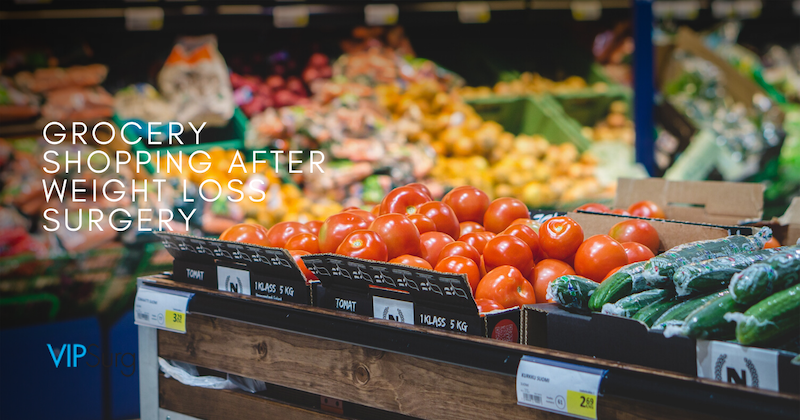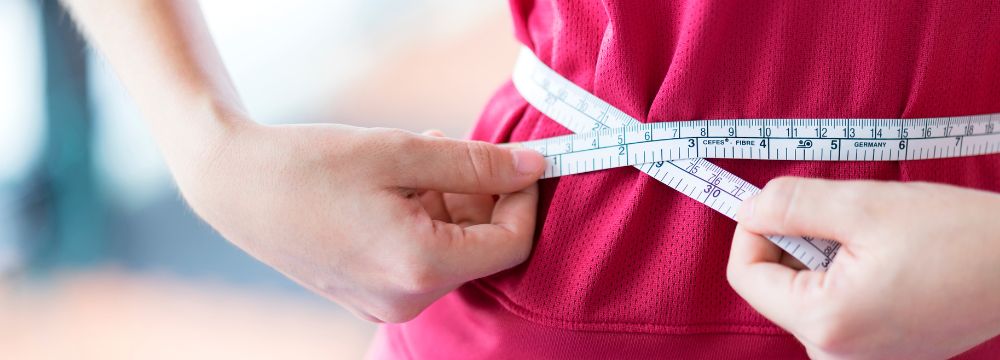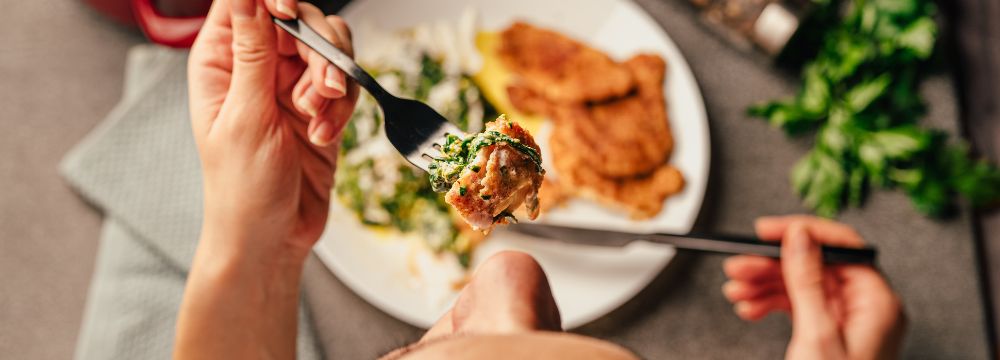It may seem trivial, but grocery shopping is one of the first lifestyle changes you have to get used to after surgery. For one, grocery shopping after bariatric surgery will never be the same as what it was before the procedure. There are many reasons for this, not least of which is that many products sold in the grocery store are simply unhealthful. These products may have caused the excess weight or obesity in the past and may be some of your favorite foods. However, grocery shopping does not have to be torture. Rather, it can be a catalyst for jump-starting healthy eating habits, not only for yourself but your entire family. In this blog, we will discuss the various tips and tricks that you should use when going to the grocery store. This will help ensure that it is both a successful and enjoyable experience.

Before You Begin
There are two very important tasks to complete before you go to the grocery store. First, is to create a list and really stick to it. Creating a list at home allows you to compare it to the allowed foods in your post-operative diet plan. Without that list, you may forget many of the healthful items that you should have in your home, and eliminate a few that you really shouldn’t.
Secondly, it is important that you go shopping after having eaten and not on an empty stomach. This helps ensure more control over the food that you buy and reduce the likelihood of an impulse purchase that can derail your progress. If you are running to the grocery store on a whim, try to drink a full cup of water before doing so. This, too, will help you avoid any head hunger that may cause you to buy the wrong things.
While At The Store
Be mindful of the store layout. We like to encourage you to shop the walls. You’ll notice that on the edges of the store are the fresh fruit and vegetables, meats and generally healthier products. Once you start moving into the center aisles, you start to find some of the less healthful, processed foods that do not require refrigeration. Of course, there will be times that you have to get some of those foods in the center of the store, and that’s okay, as long as you have a plan to only get what’s on your list and nothing else.
When choosing products other than fresh meat and produce, it is important to compare brands. You may see a significant difference in fat, sodium and sugar between different brands of the same product. This is particularly true of soups and broths, which can be loaded with fat, sugar and sodium. While you may be accustomed to a particular brand, or really like the taste of another, ask yourself if the additives are really worth it.
If you are having any trouble deciding on what you should or shouldn’t eat, don’t hesitate to reach out to us. Whenever possible, we will try to guide you to the right products and steer you away from the wrong ones.
When You’re Back At Home
One of the most exciting parts about having to cook more, and eating fewer processed foods, is potentially becoming a great cook. Many of us will not have experienced a truly delicious home-cooked meal in years or even decades. Having lots of fresh ingredients may expose you to new and exciting tastes. In fact, many patients go back to fast food several months after surgery and find that it tastes unbearably sweet or salty. This is because your taste buds and brain are not used to the extreme levels of sodium, sugar and fat that you find in most restaurant food, whether fast food or high-end.
The new shopping reality you’ll experience after bariatric surgery can actually be very satisfying. Not only are you eating better to lose more weight, but you may achieve a secondary goal of yours – becoming a better cook – while doing so. As always, if you have any questions about how to shop at the grocery store, or how to ensure you are cooking to support your new lifestyle, don’t hesitate to contact us.









